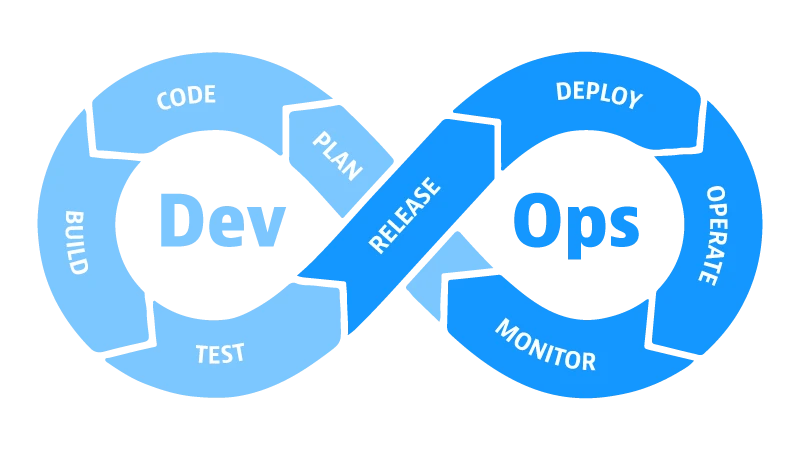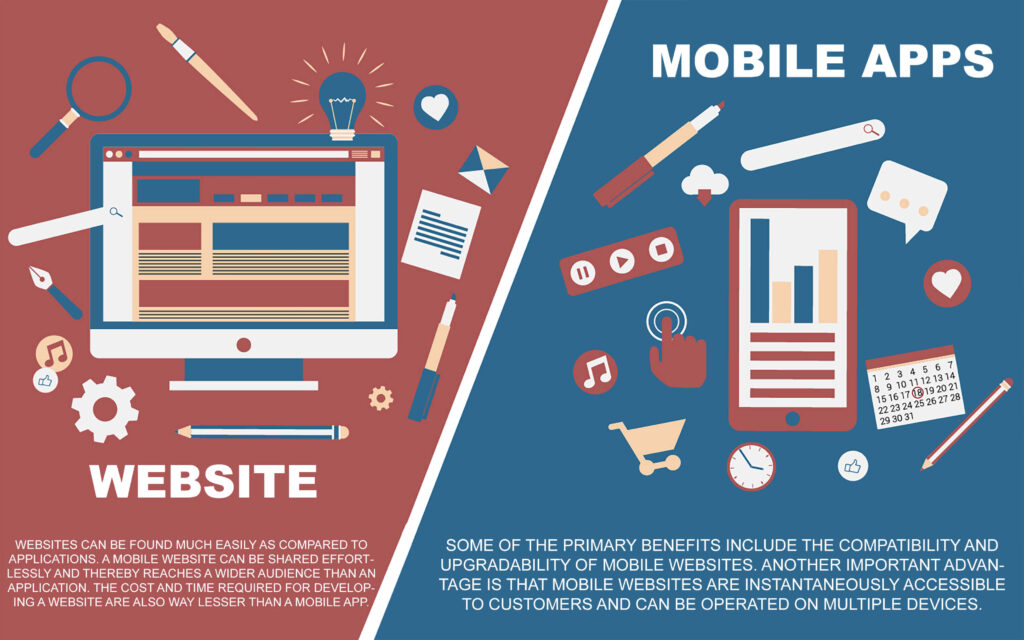Embracing DevOps: Revolutionizing Project Management for Success
In today’s fast-paced and ever-evolving technology landscape, businesses face increasing pressure to deliver high-quality software solutions quickly and efficiently. Traditional project management approaches often struggle to keep pace with the demands of modern software development, leading to delays, inefficiencies, and missed opportunities. Enter DevOps—a revolutionary approach to project management that aims to bridge the gap between development and operations teams, streamline processes, and accelerate time to market. In this blog post, we’ll explore why DevOps is essential for project management and the transformative impact it can have on your organization. 1. Collaboration and Communication One of the core principles of DevOps is breaking down silos and fostering collaboration between development, operations, and other cross-functional teams involved in the software delivery process. By bringing together diverse perspectives and expertise, DevOps encourages open communication, knowledge sharing, and teamwork throughout the project lifecycle. Traditional project management approaches often result in disconnected workflows and handoffs between different teams, leading to bottlenecks, misunderstandings, and delays. DevOps, on the other hand, promotes a culture of collaboration and shared responsibility, where teams work together towards common goals, aligning their efforts to deliver value to customers more effectively. 2. Continuous Integration and Delivery DevOps emphasizes the adoption of practices such as continuous integration (CI) and continuous delivery (CD), which automate the process of building, testing, and deploying software changes. By implementing CI/CD pipelines, organizations can streamline the delivery process, reduce manual errors, and accelerate time to market for new features and updates. Traditional project management methodologies often rely on manual, time-consuming processes for testing and deployment, leading to lengthy release cycles and increased risk of errors. DevOps enables organizations to automate these processes, allowing for faster and more frequent releases while maintaining high levels of quality and reliability. 3. Agility and Flexibility In today’s competitive business environment, organizations must be able to respond quickly to changing market demands and customer feedback. DevOps promotes agility and flexibility by enabling organizations to iterate rapidly, experiment with new ideas, and adapt to evolving requirements in real-time. Traditional project management approaches, characterized by rigid processes and long planning cycles, can hinder agility and innovation, making it challenging to keep pace with market changes. DevOps, with its focus on iterative development, automated testing, and continuous feedback loops, empowers organizations to embrace change and deliver value to customers more effectively. 4. Reliability and Stability In addition to speed and agility, DevOps also emphasizes the importance of reliability and stability in software delivery. By implementing practices such as infrastructure as code (IaC), monitoring, and observability, organizations can ensure that their systems are resilient, scalable, and responsive to changing conditions. Traditional project management methodologies often overlook the operational aspects of software delivery, leading to issues such as downtime, performance bottlenecks, and security vulnerabilities. DevOps promotes a holistic approach to project management, where development and operations teams collaborate closely to design, build, and operate systems that are reliable, secure, and efficient. 5. Continuous Improvement Finally, DevOps is not just a set of practices or tools but a cultural mindset that values continuous improvement and learning. By embracing DevOps principles, organizations can foster a culture of experimentation, innovation, and accountability, where teams are empowered to take ownership of their work and strive for excellence. Traditional project management approaches often focus on meeting deadlines and deliverables without prioritizing learning and improvement. DevOps, on the other hand, encourages organizations to embrace failure as an opportunity for growth, to experiment with new ideas, and to continuously refine their processes and practices based on feedback and data-driven insights. In conclusion, DevOps represents a paradigm shift in project management, enabling organizations to deliver high-quality software solutions quickly, reliably, and efficiently. By promoting collaboration, automation, agility, reliability, and continuous improvement, DevOps empowers organizations to stay ahead of the competition, delight customers, and drive innovation in today’s fast-paced digital world.

